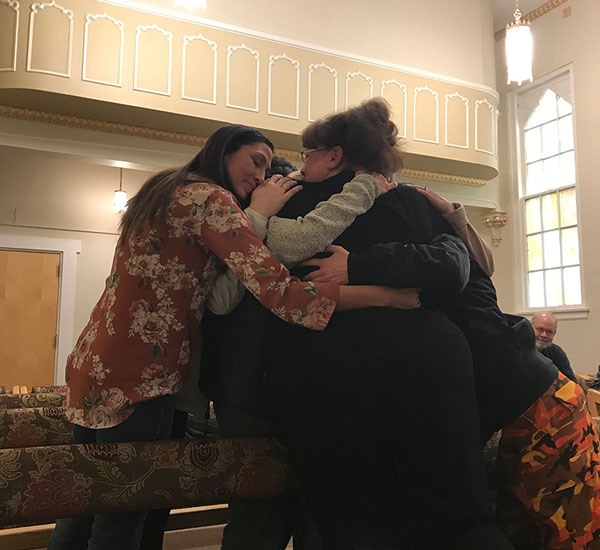Co-Occurring Disorders
At Rocky Mountain Treatment Center we understand that many people who suffer from addiction and alcoholism also have co-occurring disorders such as depression, anxiety, trauma and grief issues, PTSD, family and marital issues, personality disorders, eating disorders and gambling problems. We know that these secondary issues can often make it hard to get sober and stay in recovery, which is why we integrate the treatment of co-occurring disorders into all our substance abuse treatment programs.
At Rocky Mountain, our clients undergo a mental health assessment, so we can understand the unique needs of each client. Our clinical team then creates an individualized treatment plan, which addresses clients’ co-occurring disorders, and our mental health counselor works with clients using a variety of therapeutic techniques to ensure all underlying issues are addressed. In particular, we focus on surfacing and processing trauma, abuse and grief, which often keep people trapped in addiction. We also have a Family Nurse Practitioner on our mental health team, who can prescribe appropriate medications for long-term mental health issues. Most importantly, we provide a family-like atmosphere where clients feel comfortable sharing openly and honestly, so they can get to the roots of their addiction and begin to heal.

Montana Has The Highest Rate Of Suicide In The U.S.
On average, there are more than 129 suicides per day in the United States, and Montana has the highest suicide rate of any state in the country. Abusing drugs and alcohol makes a person 6 times more likely to commit suicide. You are never alone, and there is always hope. Asking for help is not a sign of weakness, instead it shows you are strong enough to admit you are not perfect.
Struggling with Addiction?
We've Been There, We Can Help.
WE ARE IN-NETWORK WITH INSURERS AND ACCEPT PRIVATE PAY
However, currently we do not accept Medicaid or Medicare as a form of payment. Financing options are available.



